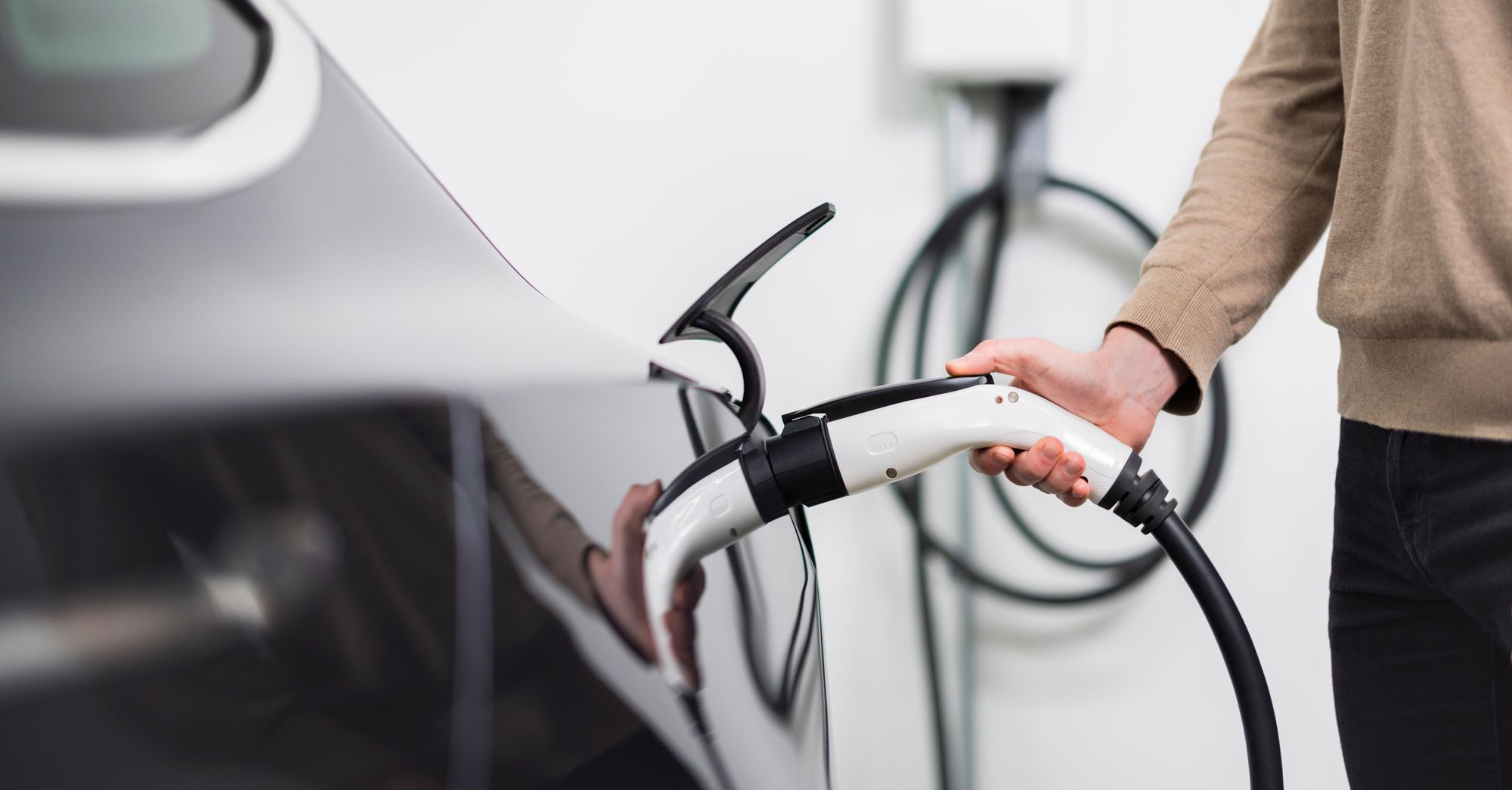Throughout 2023, EV sales continuously broke their own records, surging by 49.8% YoY by the third quarter of the year, with Americans having purchased over one million fully electric vehicles by November of 2023. With this significant increase in EVs on the roads, efficient charging solutions are needed in order to keep up with the rise in demand.
With the new year steadily approaching, these are the predictions we believe will shape the next year of EV charging.
Fleet Electrification Will Continue to Ramp Up
Over the last few years, we’ve witnessed a significant shift towards fleets embracing electric vehicles. Why? The numbers speak for themselves. Companies are making the transition for economic, environmental, and regulatory reasons. From delivery vans to corporate fleets, the momentum is undeniable. And it’s only getting started.
In the long-term, transitioning to EVs reduces operating and maintenance costs, making it the more economically beneficial option. Additionally, electricity is often cheaper per mile traveled compared to fossil fuels, resulting in savings for businesses that make the switch to electric.
Choosing EVs for your fleet also means improved business operations and efficiency. Charging EVs is as simple as charging them at the depot where they will be ready for use in the morning. Plus, EVs require overall less maintenance, which yields the same result: more time on the road.
These benefits will come out on top when it comes to evaluating electrification for your fleet. The accessibility of reliable, turnkey, and cost-optimized charging options will make the decision to electrify that much easier. By choosing electrification, fleets will move more rapidly towards a cleaner future.
Smart Charging Experiences Will Get Even Smarter
In 2024, we will see the integration of smart technology into EV charging infrastructure reach new heights. Smart charging solutions will evolve to optimize the charging process based on real-time variables such as electricity demand, grid capacity, and environmental conditions.
There’s no doubt that the rapid growth of EV purchases accelerated the need to evaluate grid impact. Preparing the grid for incoming growth means smarter charging experiences overall. To address this load growth, initiatives such as “time-of-use rate” have been implemented in some states, and will continue to spread throughout the country in order to create the most efficient and clean charging infrastructure possible. By overcoming these hurdles, the simplification of EV charging as a whole will encourage wider spread adoption.
Automaker and Charging Infrastructure Collaboration Will Take Center Stage
As EVs become a significantly more attainable option for buyers, collaboration between automakers and charging infrastructure providers will become a linchpin in the success of EV adoption. For example, in 2023 we saw major manufacturers like Ford and GM announce their plans to adopt Tesla’s North American Charging Standard (NACS) for their next generation of EVs, with Volvo and Rivian following suit. Ultimately this decision gives EV owners greater charging accessibility, and encourages further collaboration.
In 2024, anticipate deeper partnerships and alliances aimed at creating standardized and interoperable charging experiences. From universal charging connectors to collaborative efforts in expanding charging networks, this synergy will help eliminate the barriers and provide a more cohesive, user friendly EV ecosystem.
Rapid Investments Will Continue to Propel Battery Technology Forward
There is no doubt that there will be continued advancements in energy density, longevity, and faster charging capabilities in 2024. Our parent company, SK Group, is actively collaborating with global automakers to pioneer cutting-edge battery technologies. These innovations are poised to further enhance the next generation of EVs, enabling them to cover greater distances and achieve faster charging times on a single charge. SK is also continuing to explore increasingly wider applications of battery technology, including Energy Storage Solutions (ESS).
An Increased Focus on How EV Charging Can Optimize Business Operations
While recent articles have called out lack of data as one of the reasons for charging station unreliability, the data we have available is becoming increasingly sophisticated. We know it firsthand. Looking ahead to 2024, we anticipate that conversations will expand beyond charging uptime and reliability to exploring how companies can strategically leverage charging data to proactively manage their overall activities – facilitating more efficient business operations.
That may sound like a lofty prediction, but think about it. The questions posed by companies with established EV infrastructure are becoming more refined, reflecting a keen interest in maximizing operational efficiency and accuracy. As they delve into the intricacies, considerations encompass optimizing team utilization, implementing tailored workflows and processes, and ultimately, demonstrating the tangible return on investment (ROI) for the installed infrastructure.
As we look forward to the next year of innovation in the EV industry, it’s undeniable that EV charging will continue to expand into new markets and capture increased interest. EVs may have already disrupted the automotive industry, but new sustainability goals, greater demand, and easier accessibility will be the key to long-term adoption, ultimately accelerating our transition to a sustainable transportation future.
Curious about how we address these trends with our one-of-a-kind technology and vertically integrated, turnkey solutions? Let’s talk.
